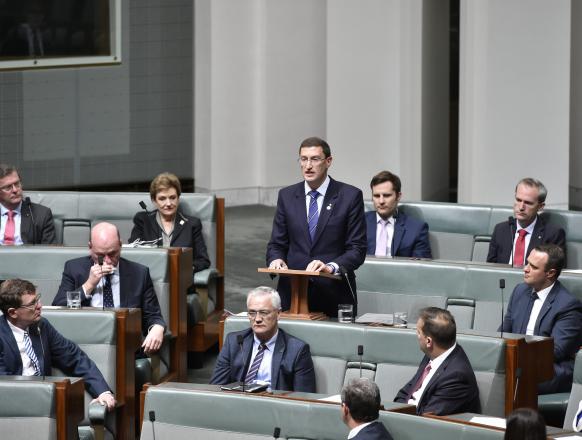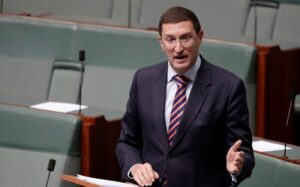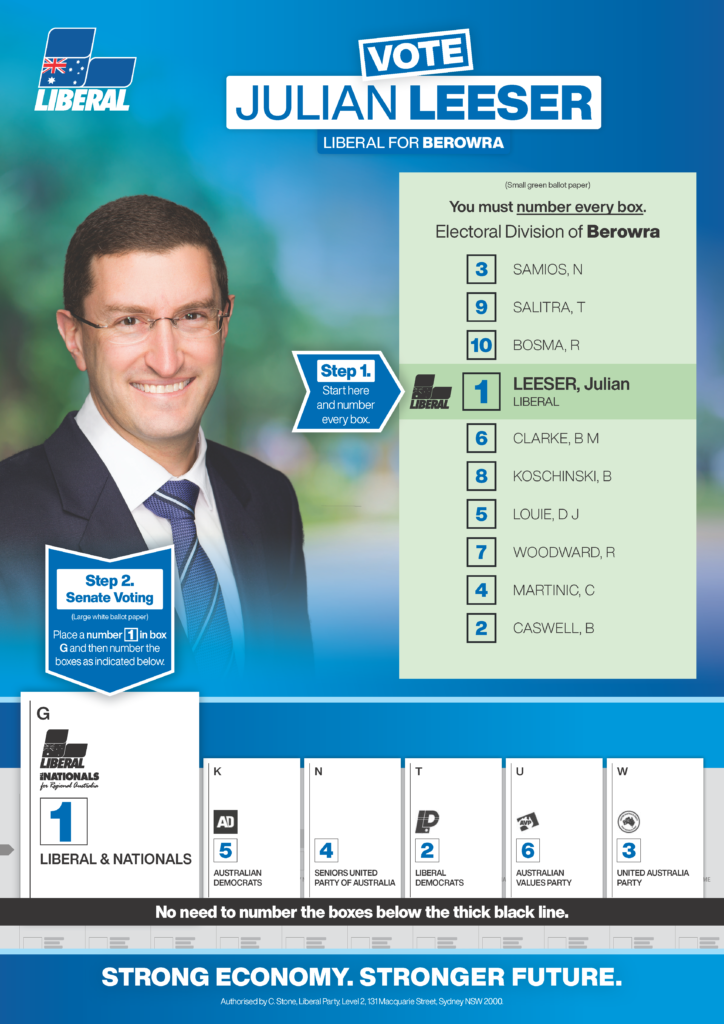For many years I’ve been concerned about the circumstances that surrounded the Commonwealth Bank’s takeover of Bankwest. Despite the inquiries by two parliamentary committees and the report of Small Business Ombudsman Kate Carnell, the controversy surrounding these cases has not abated. While the Small Business Ombudsman and my parliamentary colleagues have been as thorough as they could be, they didn’t have the powers of a royal commission, and neither did they have the forensic questioning ability of a royal commissioner and the associated silks. It’s been my view for some time that these cases need to be properly adjudicated by a qualified person who’ll be able to test the claims and counterclaims of the victims and bank executives. For some time I’ve been making representations to the Treasurer and other ministers about the need for an inquiry. Last week the government established a royal commission into misconduct in the banking, superannuation and financial services industry. I’m pleased that aggrieved customers will now have their voices heard and their claims tested by retired High Court Judge Ken Hayne.
Following the Commonwealth Bank’s purchase of Bankwest during the global financial crisis, the Commonwealth Bank began revaluing the Bankwest commercial loan book. In many cases the value of commercial property on which loans had been made dropped dramatically. As the properties were worth less than they had been under the non-monetary default clauses in the loan agreements, the Commonwealth Bank was able to trigger the default of a business loan, even though in many cases the borrower had been meeting their regular repayments against that loan. Bankwest victims, as I understand it, do not dispute the Commonwealth Bank’s right under the loan agreements to call in their loans. The central allegation of the Bankwest victims is that the Commonwealth Bank, in exercising their power under these agreements, acted in a way that might entitle the victims to the right to equitable relief for unconscionable conduct.
I have a number of prominent constituents who’ve been adversely affected by the conduct of the Commonwealth Bank and who began telling me their stories in the years leading up to my election to parliament. One of my constituents, Peter McNamee, began talking to me about these issues at a Liberal Party branch meeting one night several years ago. Peter has been a member of the Liberal Party and my constituency for most of his life, including 28 years as a branch president. Peter’s an engineer and second-generation property developer who was bankrupted himself in the 1990s yet dusted himself off and rebuilt a successful business. I suggested that Peter develop a policy paper for the Menzies Research Centre’s small business round table, which he did in 2012. Peter wasn’t a Bankwest victim, but he’s become a great advocate for those victims. No-one’s worked harder to get a result for them than Peter. He’s been to every parliamentary inquiry and to other inquiries, met regulators and bank executives, and made submissions and policy reform suggestions. He’s consulted by both regulators and bank executives today, and he’s been an advocate for the royal commission. This royal commission is a direct response to people like Peter McNamee, who’s a hero to me and to the victims, who will now have their chance to have their day in court, as it were.




